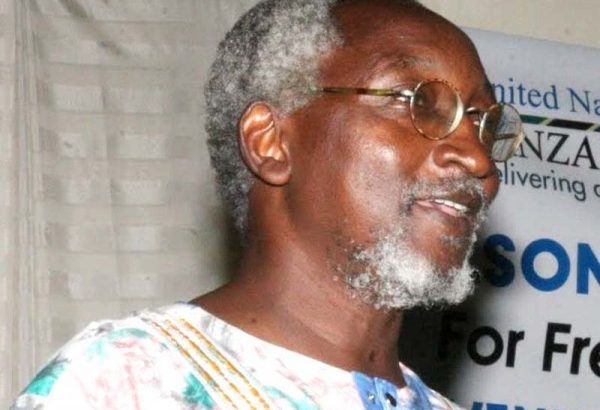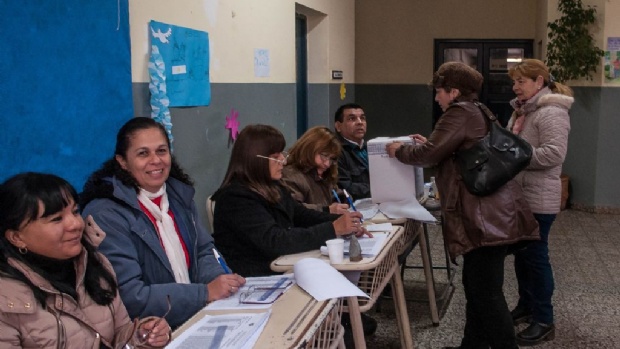EEUU/02 May 2017/By Jonathan Pelt/ Source: http://thehill.com/
On May 16 voters in Los Angeles, California will head to the polls to vote in a Los Angeles School Board runoff election that pits supporters of public education against the charter school industry and their allies in the corporate education reform effort.
The outcome of this critically important election could determine whether billionaire Eli Broad’s plan to turn half of Los Angeles public schools over to charter schools gains the support it needs on the LA School Board.
Broad and a plethora of wealthy corporate elite, along with a long list of owners, operators and executives of charter schools, are dumping millions of dollars into the race to unseat Los Angeles School Board President Steve Zimmer.
As for why these opponents of public education are working so hard to take control of the LA School Board, Diane Ravitch recently observed in a blog post:
“Why do they want to control it? None of them has a child in the system. They despise public schools and they want to turn Los Angeles into a charter school demonstration district. It is all about power and money.”
The truth is, the battle in Los Angeles, like the attacks that are taking place in at the federal, state and local level are nothing short of an unmitigated attempt to privatize public education in the United States.
Supporters of privately owned, but publicly funded charter schools see the Los Angeles school board race is another opportunity to buy up the policy makers who will then dutifully sell public education to the private sector.
And these opponents of public education are willing to spend millions to achieve their goals.
Zimmer is facing a well-financed assault by charter school ally Nicholas Melvoin.
Zimmer was elected to the Los Angeles Unified School District (LAUSD) Board of Education in 2009 after 17 years as a school teacher and counselor. Melvoin, a Teach For America alumnus, is closely associated with a variety of charter school advocacy groups including Teach Plus and Educators 4 Excellence.
The run-off election was set up when Steve Zimmer fell short of the needed majority, collecting 47.5 percent of the vote in the primary compared to Melvoin’s 31.2 percent.
Zimmer, has the support of the Los Angeles County Democratic Party, along with teacher and labor unions. He has also picked up the endorsements of a variety of Democratic elected officials including Rep. Judy Chu (D-CA), Rep. Karen Bass (D-CA) and Rep. Maxine Waters (D-CA); California Superintendent of Public Instruction Tom Torlakson and many members of the Los Angeles City Council.
Melvoin, on the other hand, has the support of the major players in the corporate education reform world including former Secretary of Education, Arne Duncan and Los Angeles Mayor Richard Riordan, who made a $1 million contribution to an independent campaign in support of Melvoin.
Melvoin’s donor list also includes billionaires John Arnold, Michael Bloomberg, Eli Broad, Bruce Karsh, Howard Marks, Lynn Schusterman and a who’s who of the hedge fund and corporate elite backing the national effort to undermine public education in the United States.
With more than a month to go before the election, the two sides have raised more than $5 million dollars in the race for the 4th District seat. Nicholas Melvoin has raised more than $584,000 to Zimmer’s $222,000, while independent expenditures for Melvoin have exceeded $1.8 million and outside group spending for Zimmer is in the $3 million range.
The other major battle is taking place in the Los Angeles School Board District 6 seat. Charter school teacher, Kelly Fitzpatrick-Gonez is battling it out with public school advocate Imelda Padilla. In the initial round, Fitzpatrick-Gonez collected 36 percent of the vote to Imelda Padilla’s 31 percent.
Like Zimmer, Padilla have the support of the United Teachers of Los Angeles and other labor groups, while the California Charter School Association and its allies are supporting Fitzpatrick-Gonez. Arne Duncan, and charter school billionaires like Eli Broad are also supporting Fitzpatrick-Gonez.
Breaking all records for the most expensive board of education races in the nation, billionaire Eli Broad and his allies are making an extraordinary effort to control the outcome of the election.
At stake is the very future of Los Angeles public school system.
Jonathan Pelto is a former state representative in Connecticut, and an education advocate. He is the founder and coordinator of the Education Bloggers Network, a confederation of more than 250 pro-public education bloggers from around the country. He was 2014 candidate for governor in Connecticut. Follow him on Twitter @jonathanpelto.
Source:
http://thehill.com/blogs/pundits-blog/transportation/331087-los-angeles-school-board-race-takes-center-stage-in-battle








 Users Today : 83
Users Today : 83 Total Users : 35459989
Total Users : 35459989 Views Today : 113
Views Today : 113 Total views : 3418578
Total views : 3418578